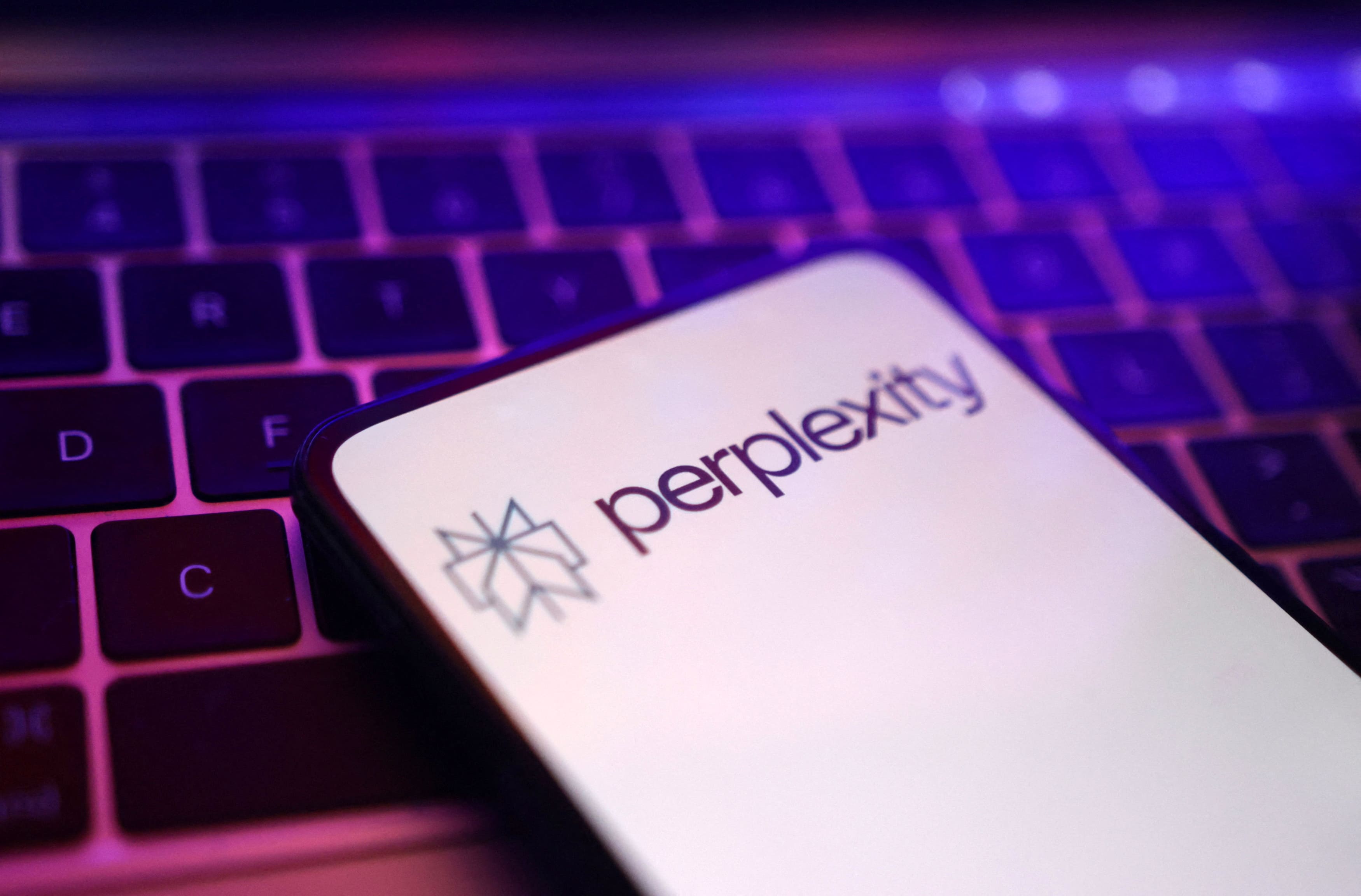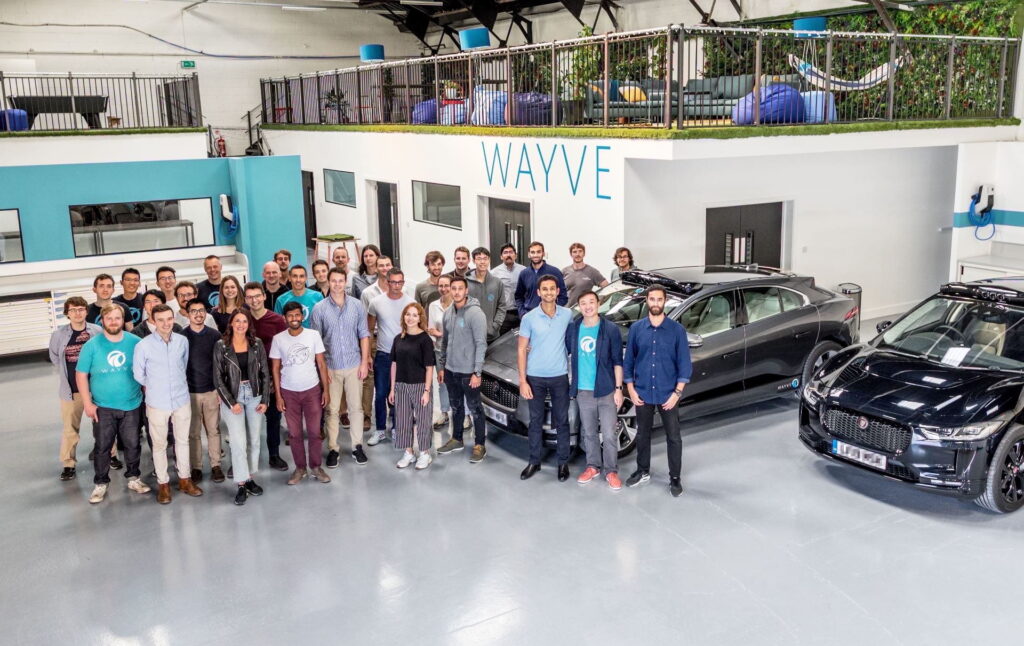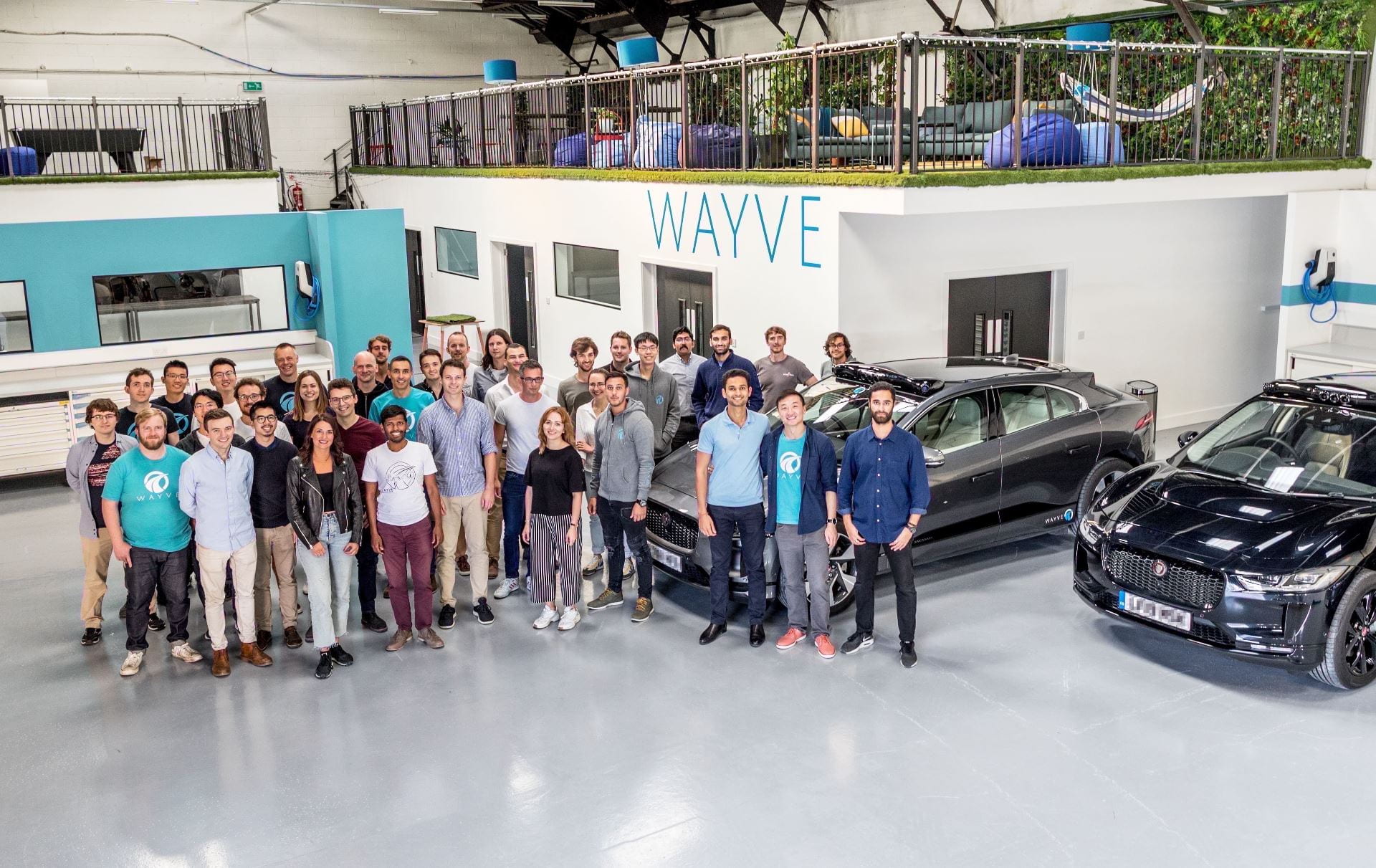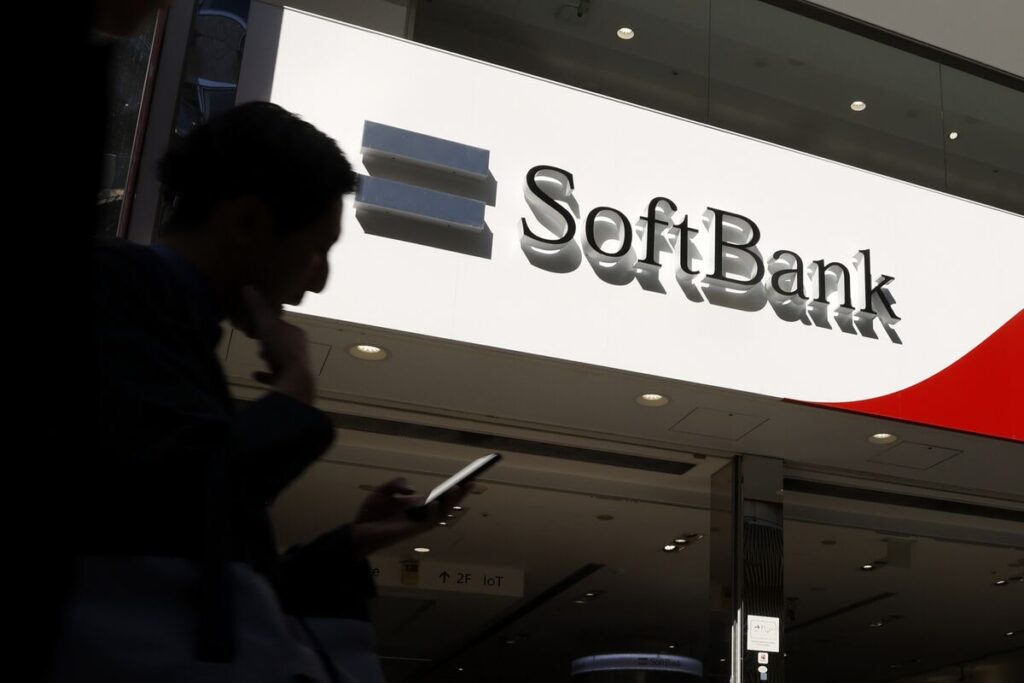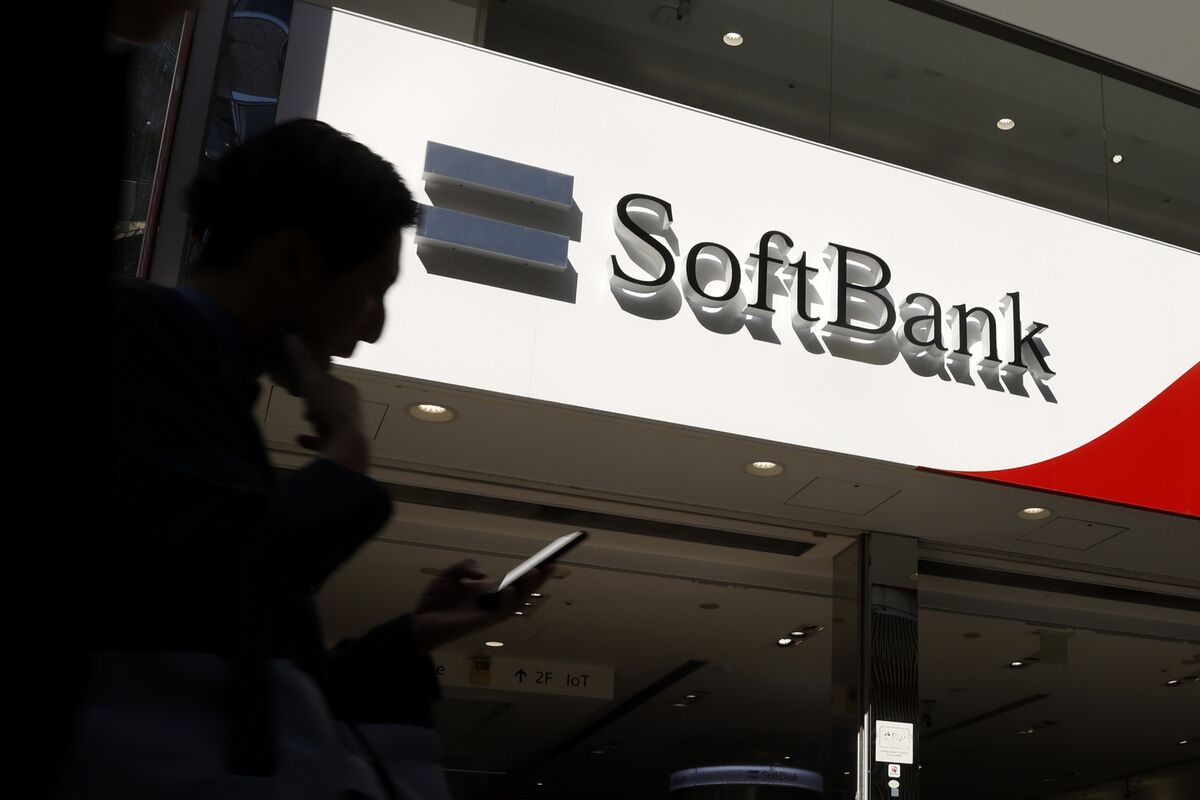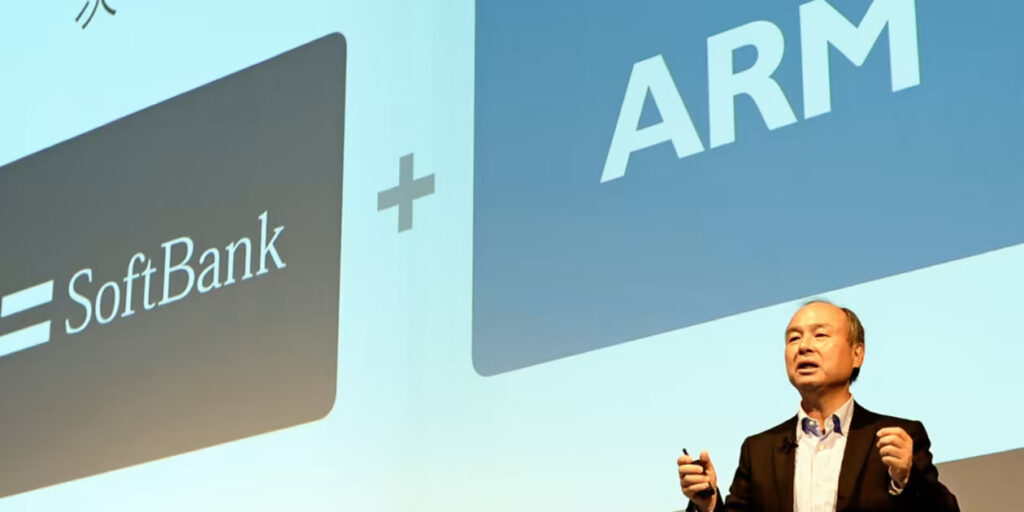SoftBank Unveils $3.4 Billion Share Buyback in Search for AI Deals
SoftBank Group Corp., under the leadership of its enigmatic founder and CEO, Masayoshi Son, has announced a significant share buyback program worth up to ¥500 billion ($3.4 billion). This move comes at a critical juncture as the Tokyo-based tech giant prepares to ramp up investments in artificial intelligence (AI) and semiconductor technologies. The buyback, which will extend through August 7 of next year, aims to repurchase up to 6.8% of the company’s free-floating shares, demonstrating SoftBank’s commitment to bolstering its share price while keeping a robust cash reserve for future strategic investments.
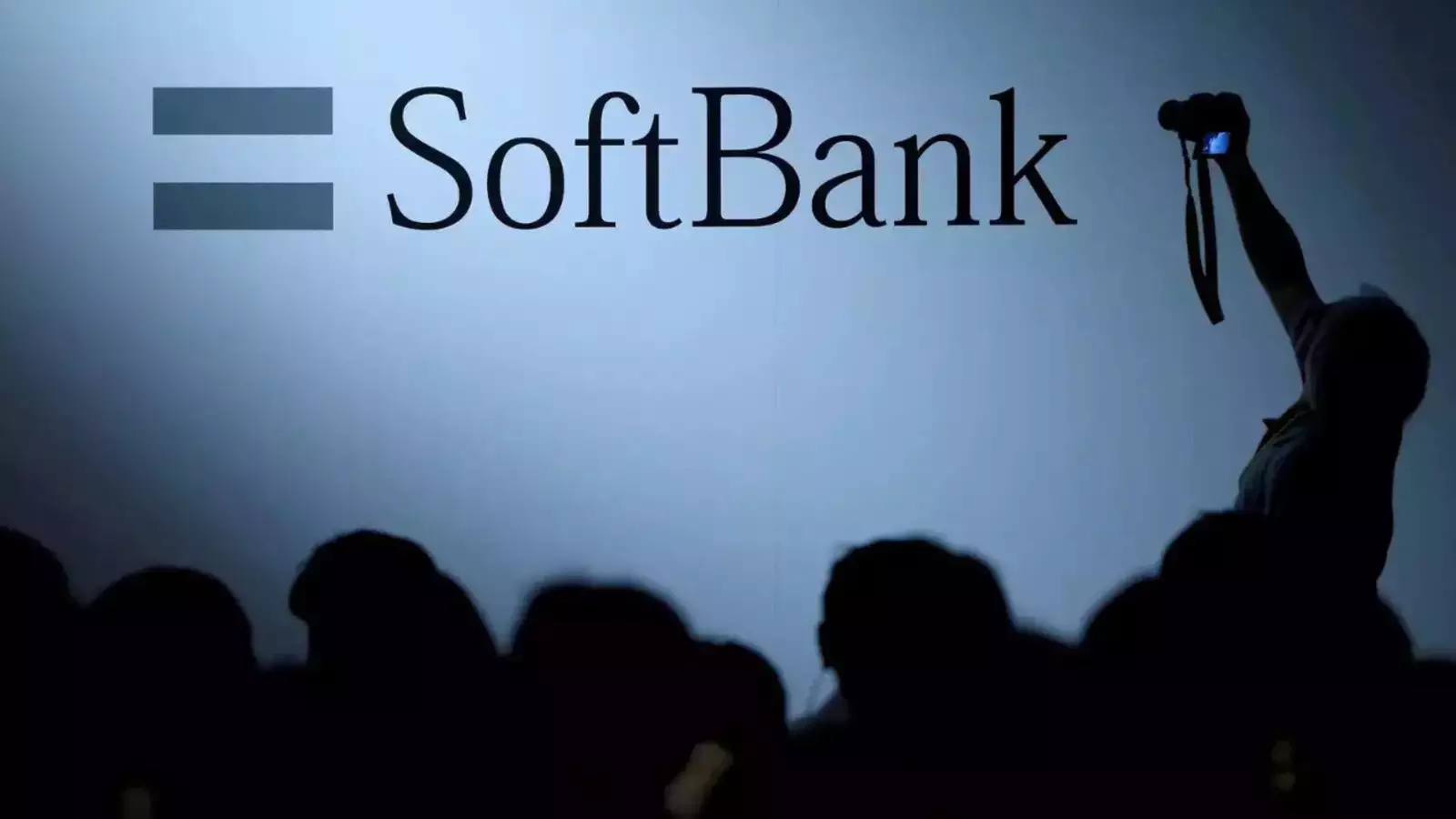
Image Source: economictimes.indiatimes.com
The announcement follows the increased stake of activist investor Elliott Investment Management in SoftBank earlier this year, which was accompanied by a push for a more substantial $15 billion buyback. Despite this, SoftBank’s Chief Financial Officer Yoshimitsu Goto emphasized that Elliott’s influence had no bearing on the company’s decision, framing the move as a natural evolution of SoftBank’s financial strategy.
AI and Semiconductors: The New Frontier
Masayoshi Son has long been known for his visionary approach to technology investment, and the current buyback signals SoftBank’s readiness to dive deeper into AI and semiconductor sectors. The value of SoftBank’s assets, excluding debt, has surged in tandem with the rising share price of its chip affiliate Arm Holdings Plc. Goto pointed out that SoftBank’s net asset value has skyrocketed to ¥35.3 trillion, with its loan-to-asset value plummeting to a mere 7.8%, well below its historical target of 25%. This financial strength positions SoftBank to aggressively pursue new opportunities in AI chips, data centers, and robotics—areas that Goto says will be central to SoftBank’s future growth.
The timing of this buyback is also noteworthy, given the company’s volatile stock performance in recent days. After suffering its largest drop since 1998 on Monday, SoftBank’s stock partially recovered on Tuesday and Wednesday. However, its market value remains down more than $40 billion from the peak it reached in July.
Analysts, such as Kirk Boodry from Astris Advisory, suggest that while the ¥500 billion buyback might seem modest compared to past programs, it should generate some excitement among investors. This buyback, combined with an anticipated accelerated AI investment strategy, underscores Son’s unwavering focus on realizing what he describes as “artificial super-intelligence” while maintaining a solid financial foundation for SoftBank’s ambitious future.

I am a law graduate from NLU Lucknow. I have a flair for creative writing and hence in my free time work as a freelance content writer.

